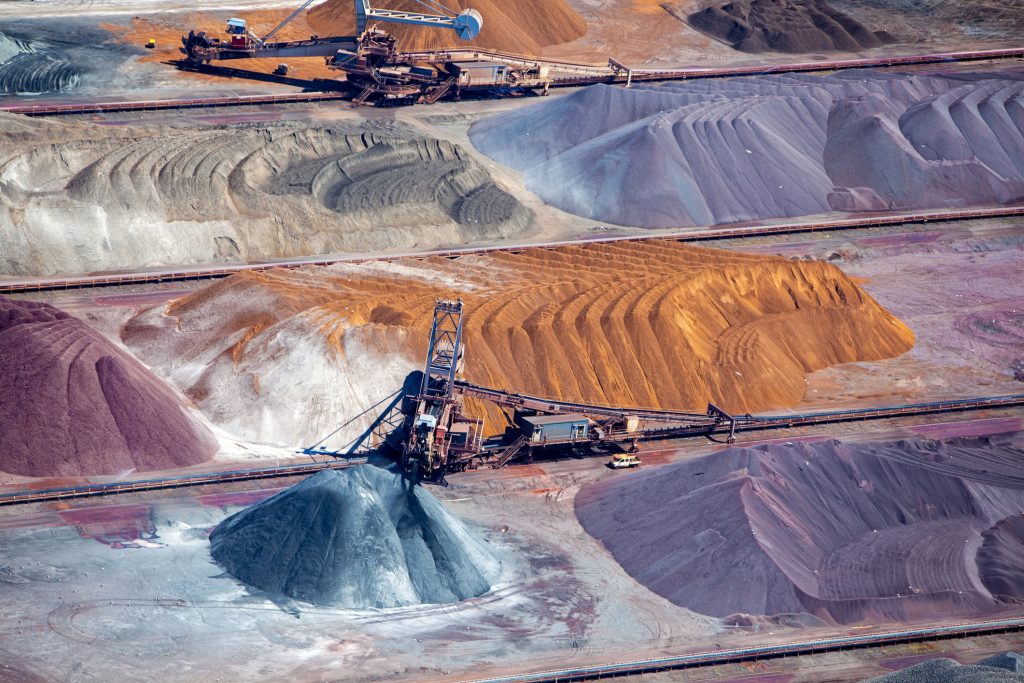Christof Rühl, member of the Advisory Board of Crystol Energy and a Senior Fellow at the Harvard Kennedy School and the Center on Global Energy Policy at Columbia University, discusses the latest global economic developments in this weekly interview to the Gulf Intelligence.
Christof comments on the US Fed position to increase interest rates by 2023, seeing the statement as the beginning of a tighter approach, not the end of it. So far, the messaging that everything is under control has worked. Now, they have to backpedal a bit and that’s a good way to prepare for the long term. He would expect to see more of this with the way the global economy is recovering, as bottlenecks emerge, and also taking into account the damage higher rates of inflation can ultimately do to emerging markets.
So far, we have had a systemic extreme monetary policy that has created an environment of low interest rates for an unprecedented length of time. That’s like a bonfire for inflation. We have also had loose fiscal policy. As far as structural policy is concerned, the hard stuff like dealing with the minimum wage and companies regulation, that hasn’t even been touched. In Christof’s eyes, the latter, especially in Europe, is what will unleash growth and inflation in the sense that the government will spend more than it earns. At some point, it starts to finance that with the very money created by the central bank and that would go into assets first and then prices.
All of this would happen amidst unprecedented debt levels. In the group of developed economies, we are now at about 300% of GDP – a record level for the government, the private sector and households. When interest rates rise, the weakest of these three will be the first to default. What’s most worrisome is that it’s completely unclear today how this debt will ever be repaid. All of these factors are fertile ground for politicians to come out and say that we need to have 4-6% inflation.
On the currency front, Fed’s signals that they would go ahead to raise interest rates is expected to make the dollar more attractive, as will the risk of volatility. The dollar has already weakened considerably, so the currency’s strengthening is foreseen.
He is joined by Dr Sara Vakhshouri, Founder and President, SVB Energy International. Sean Evers, Managing Partner at the Gulf Intelligence, moderates the discussion.
Watch the full discussion:
Related Analysis
“Oil Intensity: The curious relationship between oil and GDP“, Christof Rühl and Tit Erker, May 2021
“US energy policy: Clinging to old tracks“, Dr Carole Nakhle, May 2021
Related Comments
“Biden’s visit to Europe“, Christof Rühl, Jun 2020








